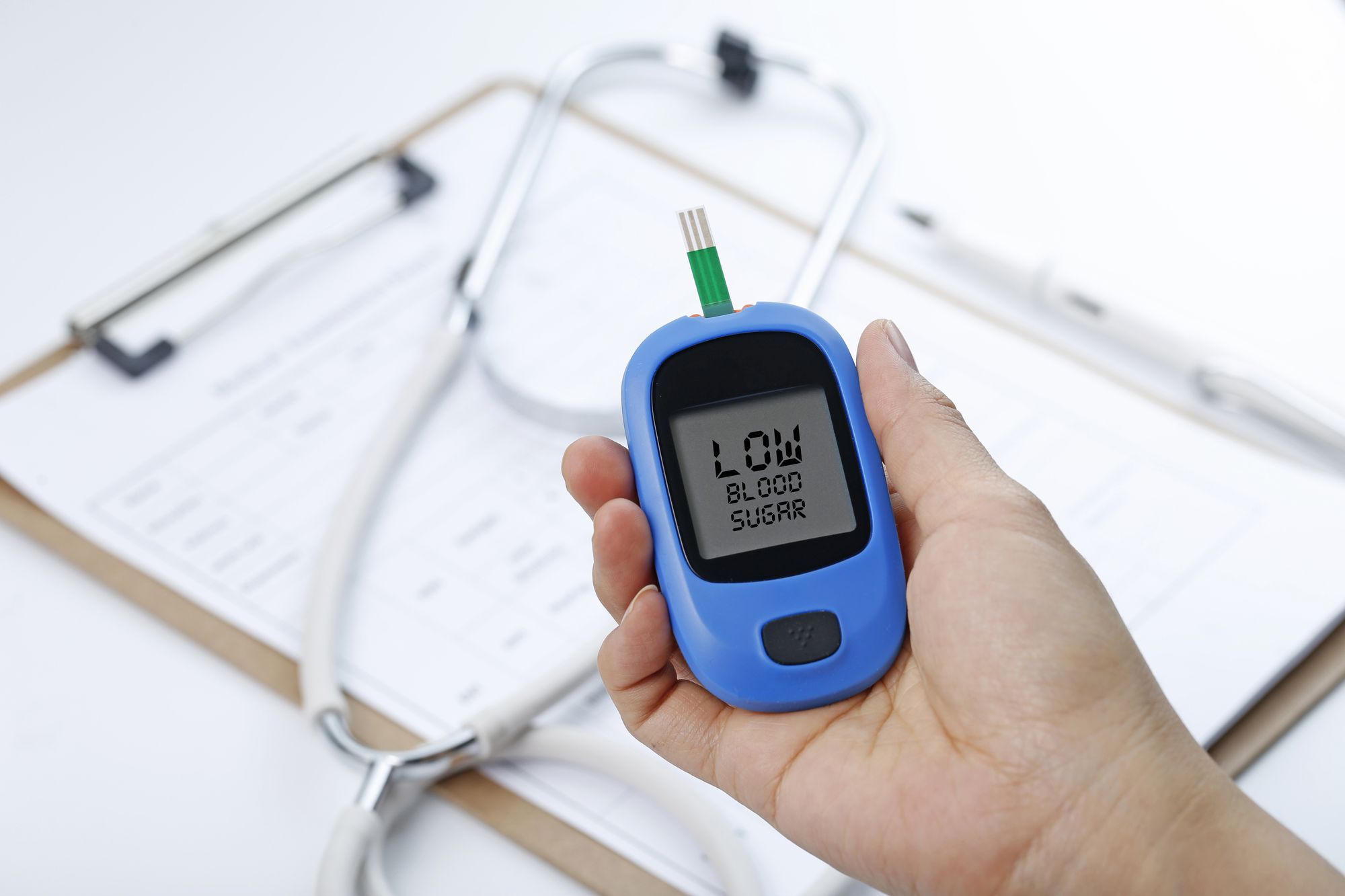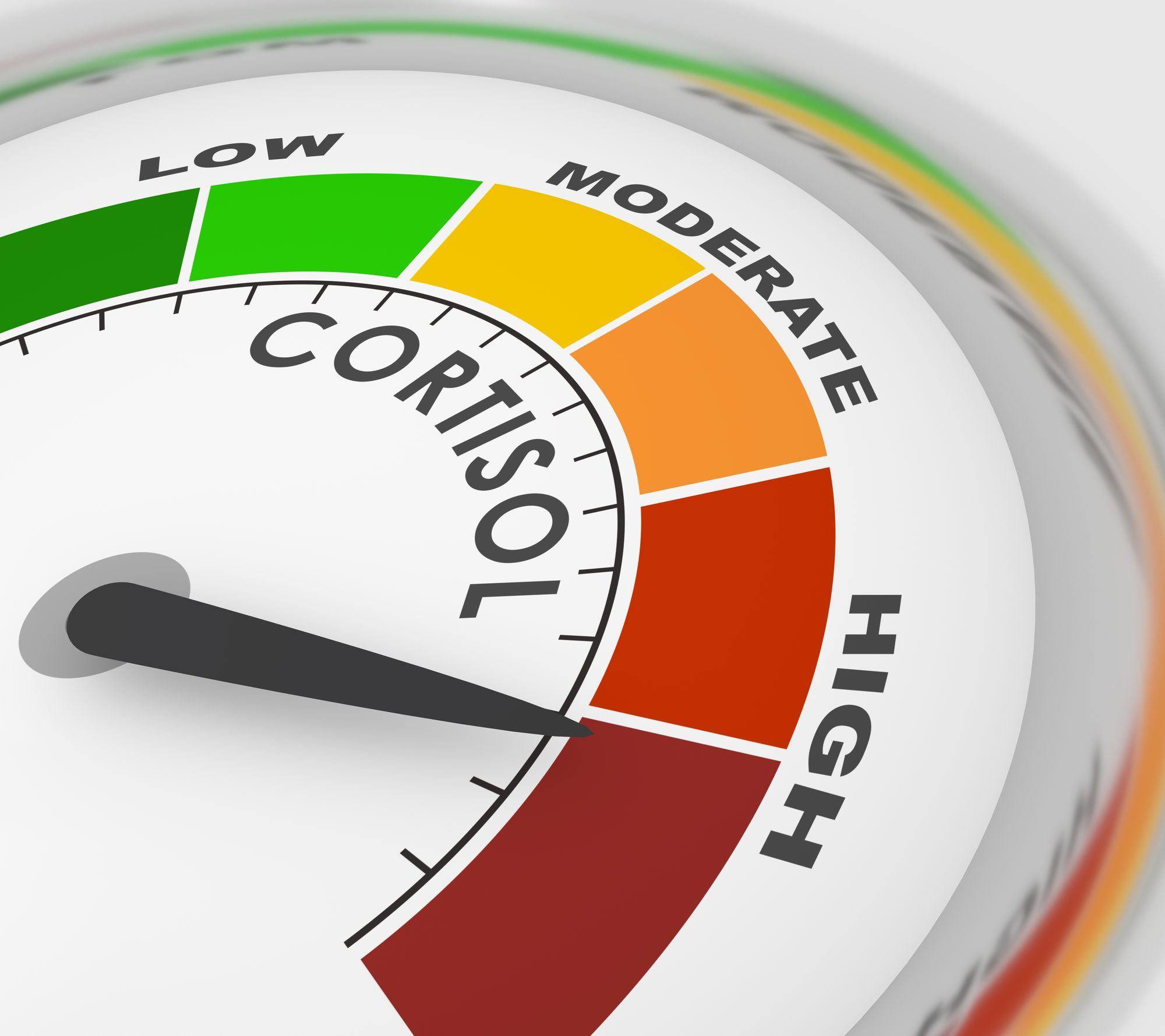Growing up, you were probably reminded time and again that breakfast is the "most important meal of the day." This common wisdom might hold some truth, as research indicates that a nutritious morning meal is linked to increased nutrient intake and improved diet quality throughout the day. However, the reality is that not everyone has the time or inclination for breakfast, with many choosing to fast in the morning and eat later in the day. But what are the implications of skipping breakfast on your health? To explore this, we consulted with expert dietitians who offer insights into the potential health impacts of not eating in the morning.
Starting your day with a healthy, balanced breakfast can significantly benefit your health. Breakfast is more than just the first meal – it's an essential component that activates your metabolism and supports both physical and mental well-being. A 2018 study published in Nutrients found that breakfast eaters tend to consume less added sugar and more fiber, vitamins, and minerals compared to those who skip this meal.
If skipping breakfast leads to missing out on essential nutrients, what other unnoticed effects might this have on your body? Understanding the potential downsides of not having breakfast, regardless of your personal stance on this meal, is crucial for your overall health awareness.
1) Your Blood Sugar Levels Might Decrease

Not consuming a nutritious breakfast can lead to a decline in blood sugar levels, potentially causing fatigue, irritability, and concentration difficulties. A 2019 study found that individuals who skipped breakfast had higher blood sugar levels and poorer glucose control.
Caroline Young, RD, a dietitian and owner of Whole Self Nutrition, explains, "Your blood sugar naturally decreases overnight as you sleep. If you don't eat a balanced breakfast to raise it again, your blood sugar will keep dropping through the morning. Persistent fluctuations like this can eventually cause significant blood sugar instability, increasing the risk of prediabetes or diabetes. Indeed, research has established a connection between skipping breakfast and a heightened risk of type 2 diabetes."
2) You Might Find It Challenging to Concentrate

A nutritious breakfast provides vital nutrients that energize your brain for a day requiring focus and mental clarity. Missing out on this crucial meal may result in difficulty concentrating and a clouded mental state. A 2017 study found that individuals who either skipped breakfast or consumed an unhealthy one exhibited poorer cognitive performance throughout the day compared to those who ate a healthy breakfast.
Trista Best, RD, a dietitian with Balance One Supplements, shares with ETNT, "Breakfast replenishes the body and brain with essential nutrients and energy after an overnight fast. For some, not eating breakfast can lead to diminished cognitive abilities, such as issues with focus, memory, and problem-solving, especially in the morning when the brain's demand for mental energy is high."
3) Your Metabolic Rate Might Decrease

Forgoing breakfast, especially when your body expects morning caloric intake, can adversely affect your metabolism. Research indicates that this habit might lead to a slower metabolic rate, which could contribute to weight gain.
Best elaborates, "Consistent meals, breakfast included, are crucial for sustaining a steady metabolism. Missing breakfast can upset this equilibrium, possibly impacting the body's efficiency in utilizing and storing energy."
4) Your Appetite Signals Might Become Erratic

Choosing to skip breakfast could set off strong cravings later, potentially resulting in overeating and making it difficult to follow a balanced and mindful eating regimen.
Sarah Schlichter, MPH, RDN, a dietitian at Bucket List Tummy, notes, "When you skip breakfast, your body seeks to compensate, often leading to increased cravings or overeating later as it attempts to replenish the missed calories. Research has shown that those who skip breakfast tend to consume more carbohydrates, including added sugars, as well as higher amounts of total sugars and fats, compared to those who eat breakfast."
5) Your Cortisol Levels May Rise

Cortisol, the stress hormone, is sensitive not only to emotional stress but also to the physical stress caused by missing meals. A 2021 systematic review published in the journal Nutrients found that not eating breakfast could lead to increased cortisol levels in the morning, which may result in heightened appetite and disrupted sleep quality.
Young explains, "Any kind of food restriction, including not having breakfast, imposes mental and physical stress. For the nervous system to function optimally, it requires proper nourishment. Therefore, skipping breakfast can trigger a stress response in the body, leading to symptoms like anxiety, increased heart rate, and irritability."
6) Your Energy Levels Might Decrease

Skipping breakfast can deprive your body of the essential fuel needed to initiate metabolic activities and sustain energy for daily tasks. Forgoing this meal may cause a drop in blood sugar levels, leading to feelings of fatigue, lethargy, and irritability. A 2021 study has associated skipping breakfast with heightened fatigue and diminished sleep quality.
Schlichter elaborates, "Eating provides the energy (as calories are converted to ATP) necessary for our body's functions. Extending your overnight fast by not eating breakfast could result in increased fatigue, mental cloudiness, headaches, mood fluctuations, and impaired cognitive performance."

